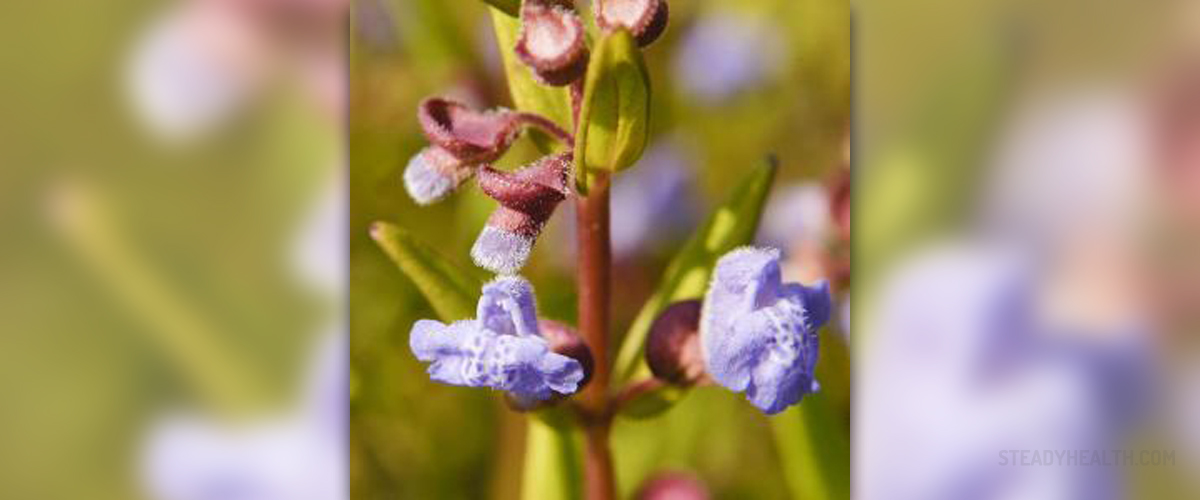
Skullcap
Health benefits of skullcap tea
The use of skullcap tea has a long history, dating for at last 2000 years, when herbal practitioners in China first started to use it. Tea made of skullcap may help in lowering blood pressure. It is a natural sedative often used to help treat anxiety, nervous tension, pre-menstrual syndrome, insomnia and stress-related headaches.
It is commonly used to treat many other health conditions related to the nervous system, such as epilepsy, seizures and muscle cramps. It is extremely beneficial in treatment of gastro-intestinal problems, as it slows down the intestinal movement. It brings the relief from fever and boosts the immune system with its powerful antibacterial properties. A cup of skullcap tea may help to recover from exhaustion, fatigue and hangovers. It helps to restore normal functions of the body that has been extremely contaminated with tobacco or alcohol.
Side effects of skullcap tea
A standard dose of skullcap does not provoke any serious side effects in the body. However, the excessive use of skullcap remedies may cause aches in the muscles and rise in the body temperature. It is also associated with lowering leukocyte levels and possible liver damage.
Preparation of skullcap tea
To prepare tea pour 1 cup of boiling water (approximately 250 ml) over 1-2 teaspoons (approximately 5-10g) of dried skullcap tea leaves. Cover the mixture and let it rest for 10 to 15 minutes. Recommended daily intake is two to three cups.
Another interesting idea, for those suffering from insomnia, is to place skullcap leaves inside a small pillow and place it under the bed pillow.




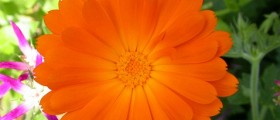
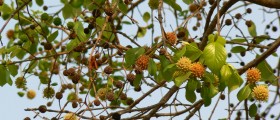
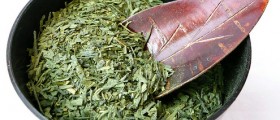
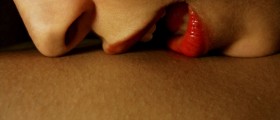

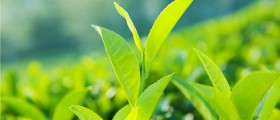

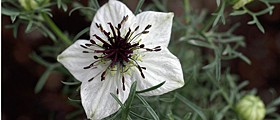
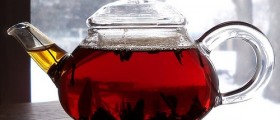
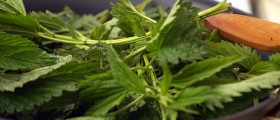
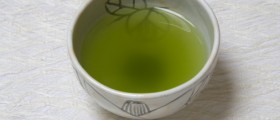

_f_280x120.jpg)
Your thoughts on this
Loading...